How long does it take to make compost? This is the first question that may spring ip your mind once you decide on gardening.
Before we go through the main topic, the basic thing to know about compost is the fact that it must be made with the best nutrient to provide the gardeners with the key ingredients.
Like you see how valuable the herbs and spices that bring differences to the garden, it does the same.
Compost Introduction
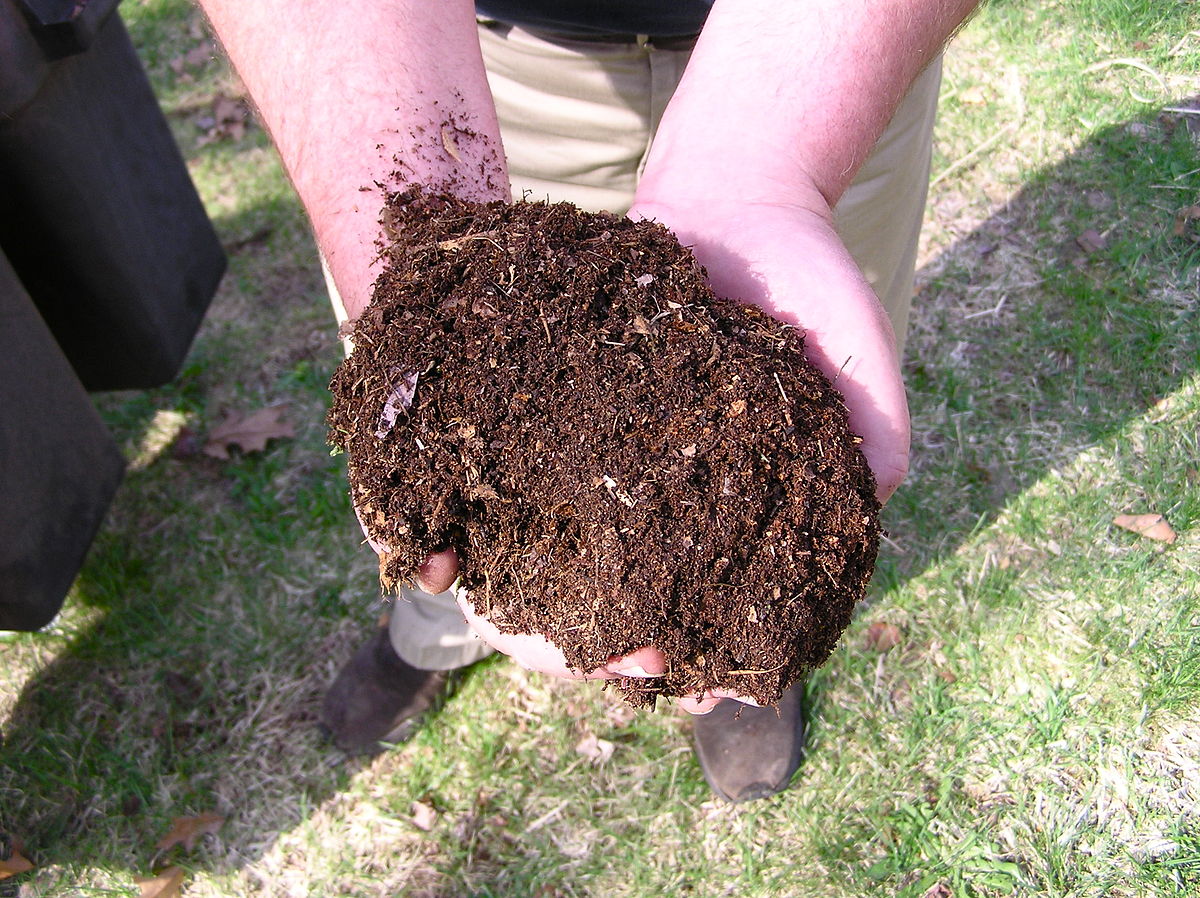
In general, compost helps soil keep the moisture and enhance the growth of some beneficial bacteria while it is also fending off the disease.
it also helps reduce the use of chemical fertilizer. One more, it is an advantageous step in lowering your carbon footprint.
Based on the Environment Protection Agency (EPA), organic waste makes up more than 28% of the things we throw away.
Simply to understand, no matter how organic materials end up in the landfills, they will decompose.
In fact, the landfills has a lack of required condition for decomposition. They eliminate the potent greenhouse gases including methane. Instead of adding to the landfills, why don’t you use your waste more wisely? Composting maybe?
How Long Does It Take To Take Tompost From Your Organic Waste?
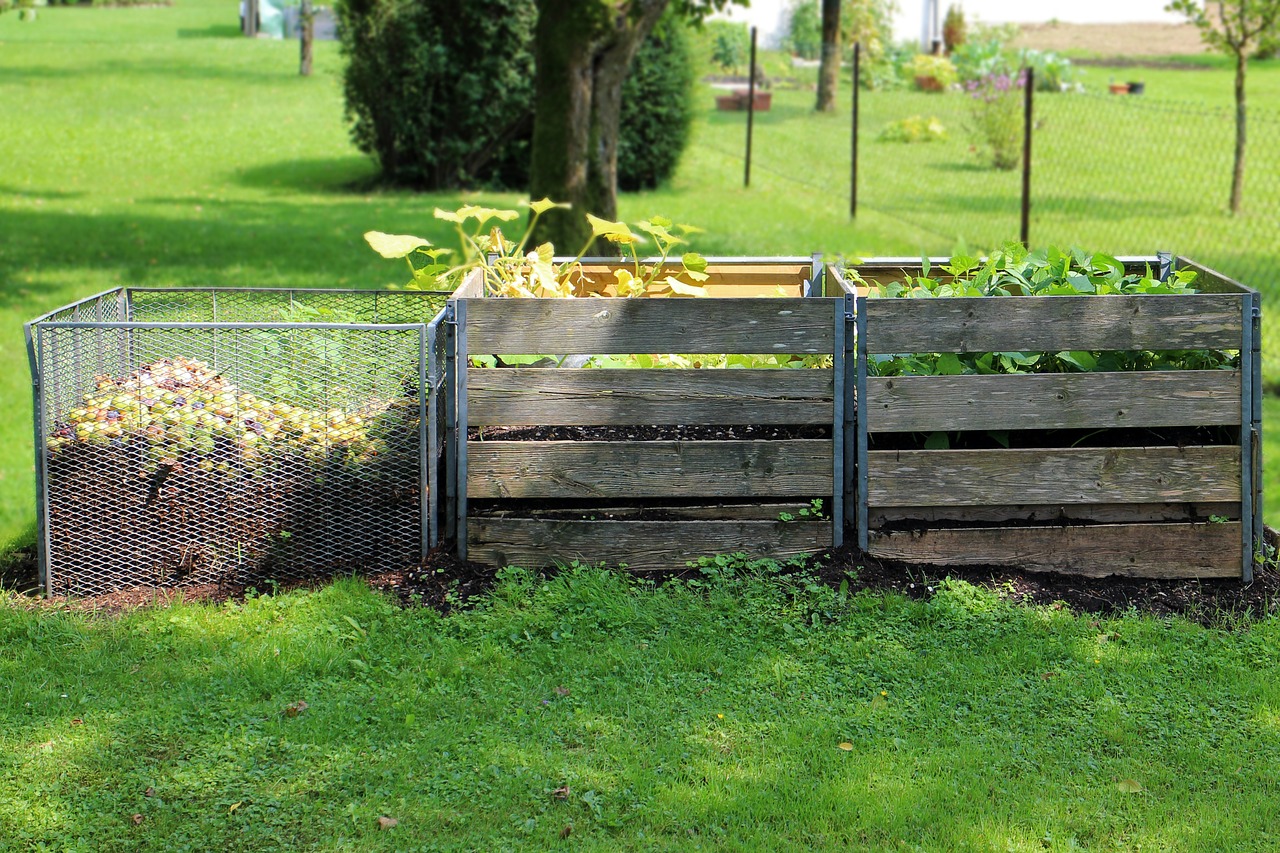
So let’s back to the question; how long does it take to make compost from your organic waste? Well, it is widely variable and depending on the condition that everyone has.
There are definitely a few factors ensuring that the materials are broken down and making compost. For example, the heap is getting the right amount of moisture, air and heat.
How long we need to make compost will also depend on the way you are composing. In this case, not everyone has spacious area to manage the production.
Luckily, more cities nowadays are finding methods to collect your organic waste and process the compost for you.
There are some factors that will determine how long you’ll need to make compost.
Those are size matters, the use of the best ingredients including green materials, brown materials and materials to avoid, warmth factor and breathing session.
Later on, keep reading this article so you will find out when the compost is ready, how you will be able to make it more quickly and other methods to produce compost as well as the industrial composting.
Home Composting
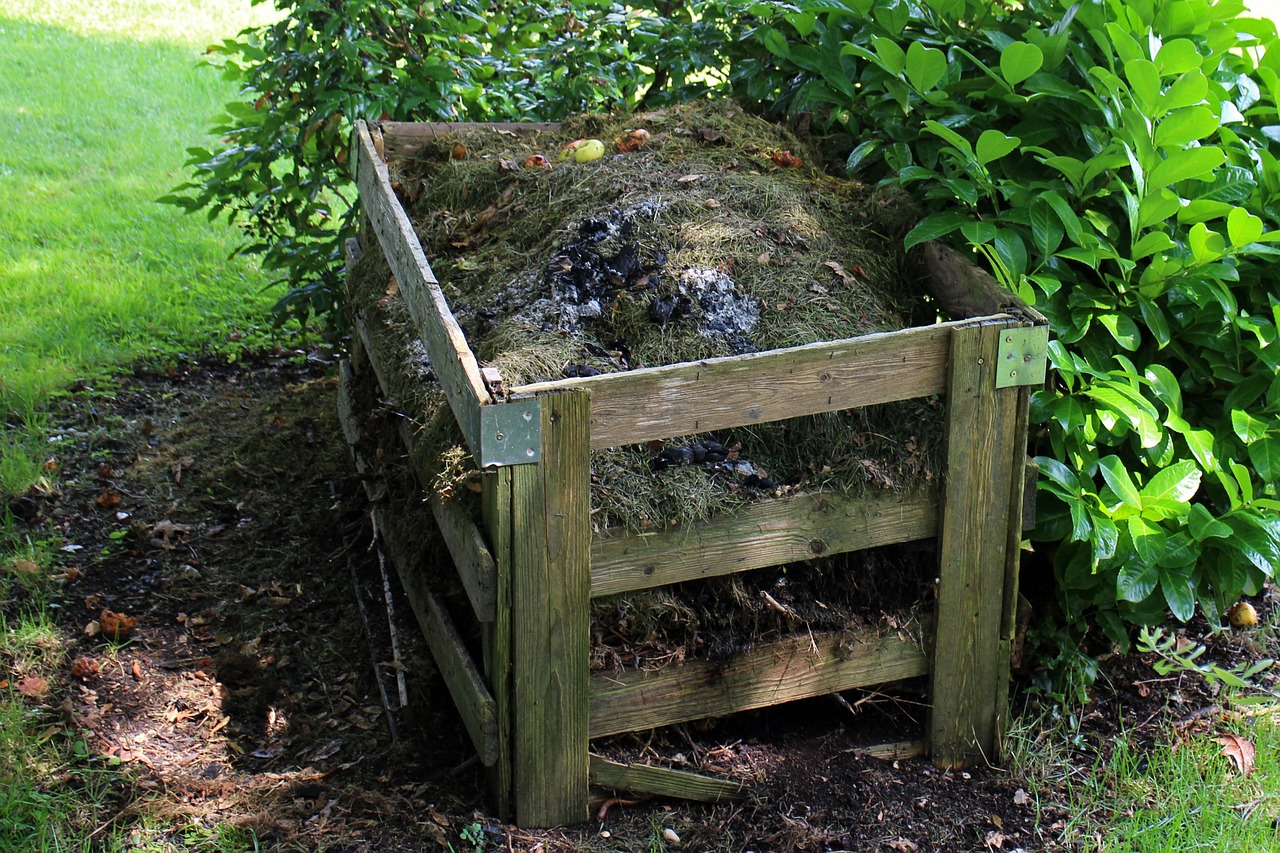
How long does it take to make compost? Let’s start by understanding the home composting as follows:
Size Matters
Believe or not, the bigger the bin, the faster you will be able to produce compost. This way, the larger bin can collect and retain the sun heat more than the smaller one.
In addition, your compost bin size will also relate to how much space available. If you have no other choice but the small bin, place it where there is more direct sunlight.
The compost pile is ideally three feet in height, allowing the things to heat up faster than the smaller compost piles. In this case, what your bin is made of is also influential.
In comparison to a wooden bin, plastic bin designed for compost is considered much better in retaining the heat. This way, it would help speed up the composting process.
The Use of The Best Ingredients
The next factor contributing to how long it takes to make compost at home is the use of the best ingredients. Ultimately, nitrogen and carbon are the two ingredients that play importantly to produce compost.
Carbon is derived from the “brown” materials such as cardboard that adds bulk and feed the organism living in the compost.
Meanwhile, nitrogen comes from the “green” materials like vegetable peelings, contributing to heat up the compost pile and enhance all of the important organism so that they can quickly.
The compost must basically contain the layers of both brown and green materials. Remember, the different materials break down at the different speeds.
Later, this will influence how long it will take to finish producing compost. Also, it is crucial to understand the difference between the biodegradable and compostable materials.
Green Materials
Uncooked fruits and veggies peelings are categorized as food scraps. They are perfect to create a good compost.
Other kitchen scraps are like eggshells, coffee grinds, tea bags, old wines as well as spices and herbs are the green materials that can break down in a week.
Other greens such as lawn clippings and leafy vegetable garden waste are also great but make sure they are free of chemical herbicides. Notice how much gas clippings you add at that moment.
If you add more than 20 cm thick of the layer, the compost will take longer to break down.
Brown Materials
Brown materials include dried leaves, small woody branches and pine needles. You can also add paper and cardboard into this category but the compost need a few months to decompose.
So shred and tear it up as much as possible. The smaller the pieces you prepare, the faster they would break down.
Notice, some other items like greeting cards, glossy catalogue, fliers and wrapping paper contain laminated materials, plastic and glitters that cannot be composted.
Materials To Avoid
There are a number of materials to avoid adding to the pile at all costs. For example, cooked foods are not good to add into a standard home composter.
Meanwhile, meat and dairy products, avocado and other fruit stones along with the diseased plants are the materials that slow down the decomposition process.
You must also avoid adding pet droppings, coal ash, diseased plants, inorganic materials such as glass, metals or plastics as well as other materials that are in contact with the pesticides or herbicides.
Warmth Factor
How long does it take to make compost? It will also be influenced by the warmth factor. This way, you must keep the temperature warm like the summer temperatures.
In the winter time, it would be more difficult to keep the microbes and bacterium happy and very active. However, there are always some techniques to protect them.
In this case, using the plastic bin will help the compost retain heat more than using the wooden heat.
So you can insulate the compost over winter by adding layers of straw, shredded cardboard and sawdust to keep warmth in the pile. Though it must be moist, you can avoid the waterlogged so that the old carpet layer on the top is good to protect it out of the rain.
You may add nitrogen to the soil to make it have more nutrient and fasten the proccess.
Let It Breathe
Oxygen is importantly needed in the process of making, thus, you need to turn the pile each week. Another way to keep air in is through the use of cardboard items like egg cartoons.
This is aimed to loosely scrunch up any paper instead of tossing in flat. This makes the air pockets in your compost pile valuable.
If you are not carefully manage the compost decomposition, outdoor home composting can spend a year to finish.
However, if you find yourself the best way of doing the project, you will be able to make a good and usable result only in three months.
When Is Compost Ready?
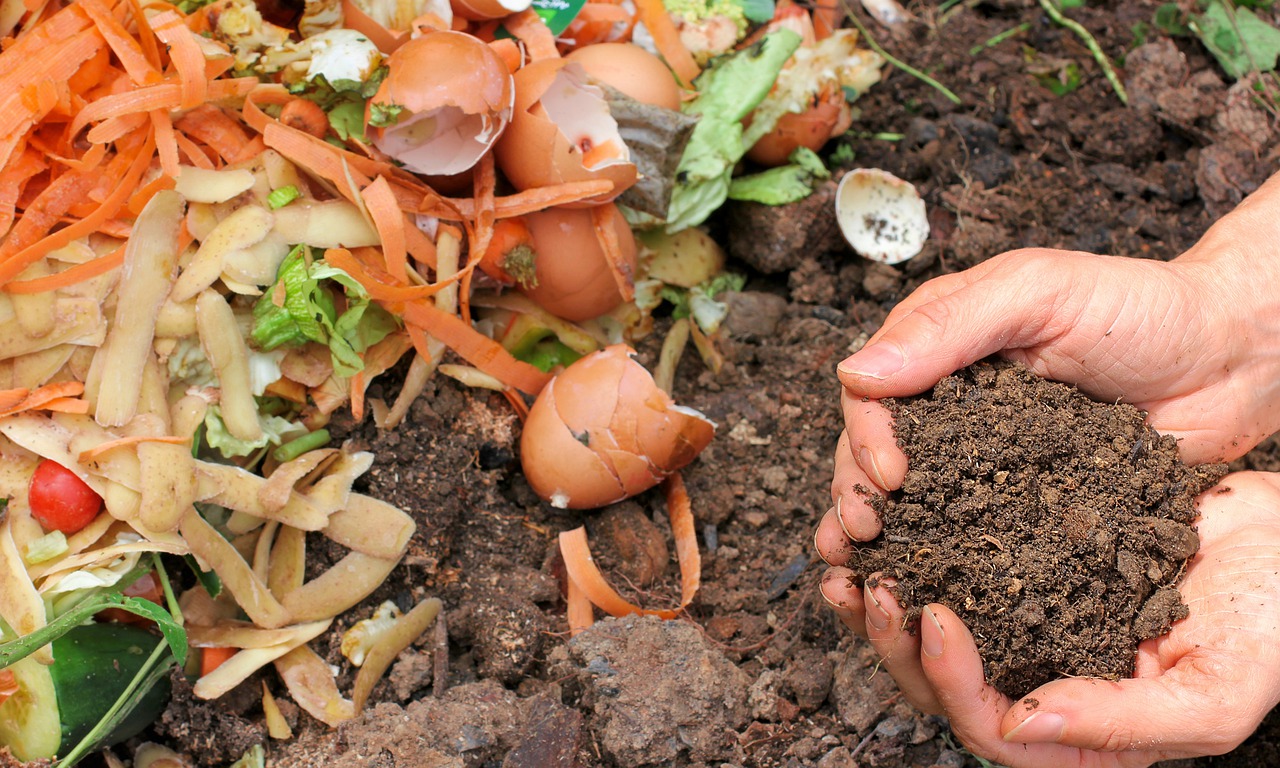
As we have mentioned above, there are some factors contributing how long it takes to produce compost. First, it is absolutely depending on the size of your compost pile
. Use your sense as the best way to predict when the compost is ready.
Notice, the finished compost will smell and appear like the rich earth. It must be a dark brown and crumble when you hold it in your hands.
This way, various tests have been done to determine the compost maturity including the pH levels and the pile temperature.
Just before you use the compost, make sure that it is mature enough. That is because immature compost may still have particular materials like pathogens and acid that could lead to decay when transferred to soil.
Note, unfinished compost importantly needs oxygen and nitrogen which are the most precious elements to your plants.
Fortunately, you don’t have to feel worry about leaving it for so long. The objective is just to have all the materials decomposed.
When the oxygen is already in the compost pile, the materials inside will start decomposing, making it mature for soil organism to thrive in.
How To Make Compost Faster
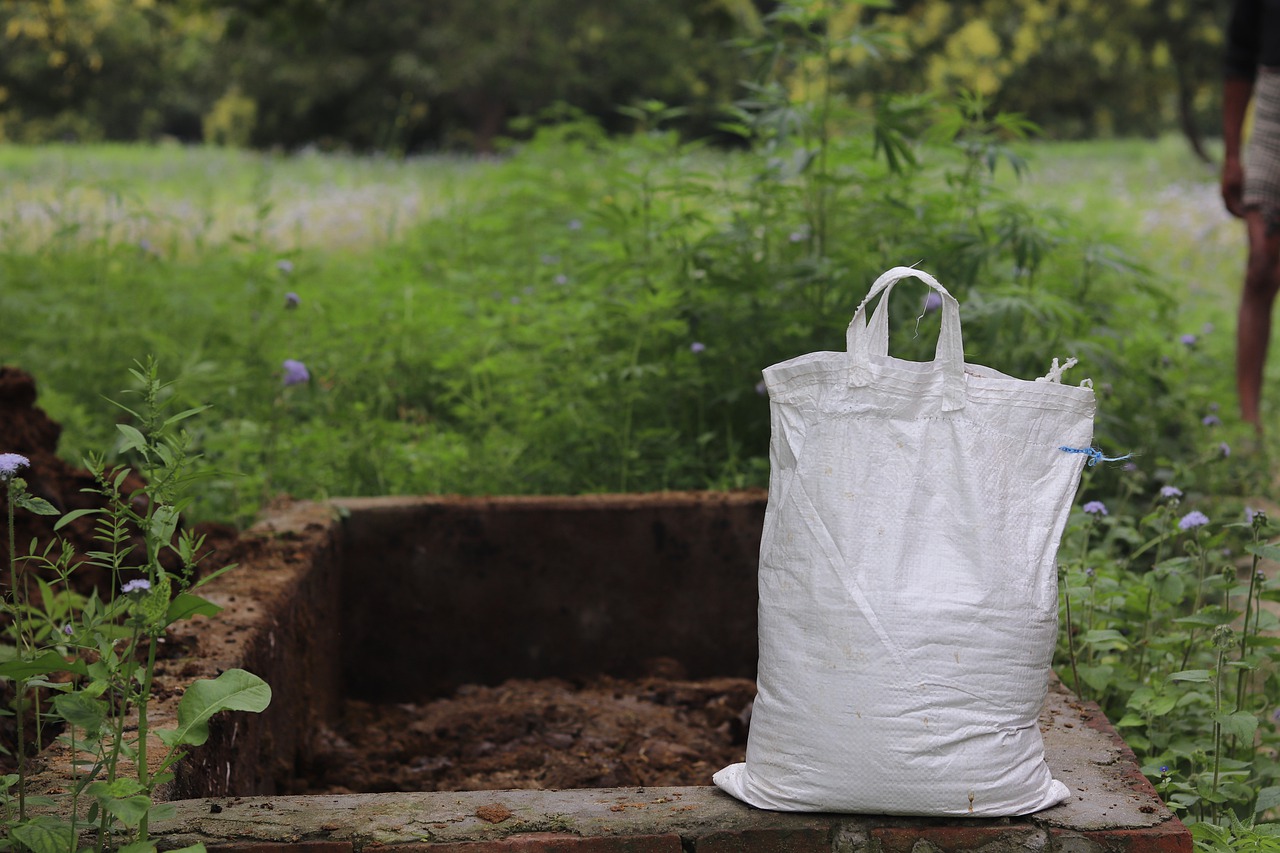
How long does it take to make compost? If you think it is too long to take using the tips we have shared, here we have another option how to make it faster.
Hot Turn
Hot-Turn compost process is considered the fastest method leading to finish it only in 20 days. This process is fast enough no matter how it requires a certain amount of care and effort.
This way, the compost pile must be three feet by three feet and contain a 30:1 ratio of brown to green materials.
In the other words, the ratio is 30:1 of carbon to nitrogen. These materials must be shredded well to decompose it in a short time.
Once you know that the pile is ready, rotate it each day during the first seven days. Then, rotate again every other day for the second seven days.
This method can be done both manually or using a compost tumbler.
Black Solider Flies and Maggots
The second fastest way of making compost is involving the larvae of black solider flies. Though maggots are gross, they can stimulate the compost to finish quickly and efficiently only in three weeks.
Thanks to the black soldier fly larvae that are able to survive in a hot temperature and handle the materials such as meat and dairy product.
So if there is any maggots in it, that is definitely a good thing.
Other Ways To Make Compost
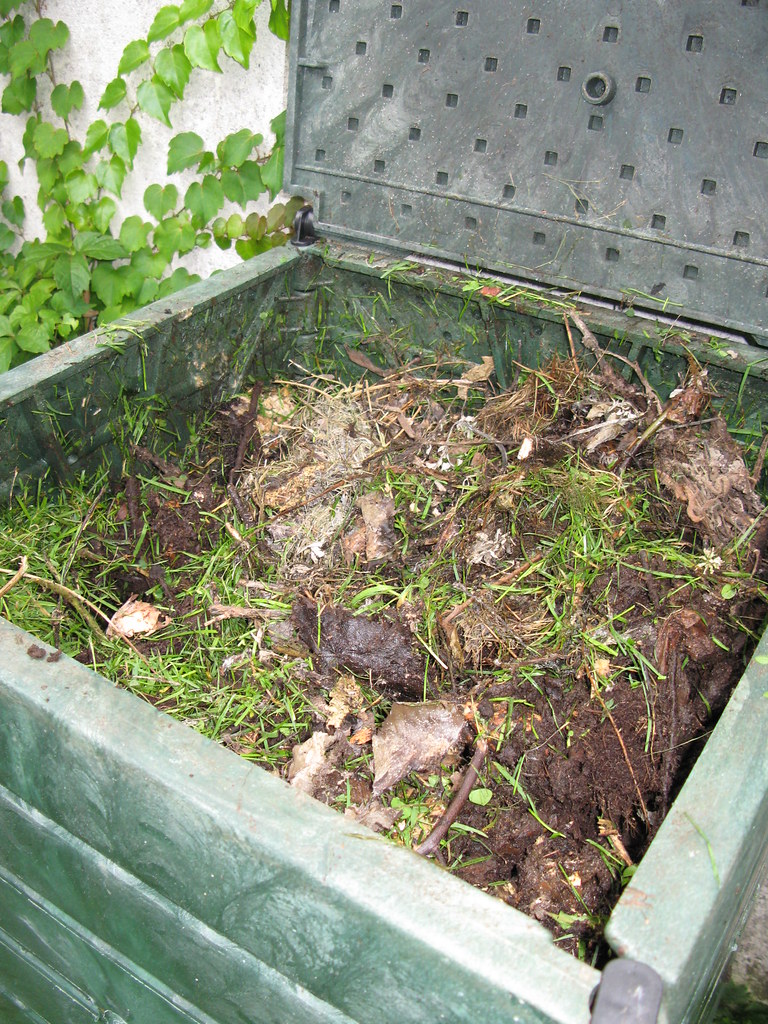
When it seems that the methods we have shared didn’t match you, there are still other ways to make compost. Check them out below:
Vermicomposting
Vermicomposting is considered slower and more traditional since it uses red worms or earth worms to break down the materials in the compost pile. Firstly, this worm bin method basically needs about three months.
However, the more red worms are in the pile, the faster the compost will finish.
Slow No-Turn
The other way to make compost you may want to try is the slow no-turn method. This method is considered the easiest but you need simply three months to a year.
This method requires you to simply put your pile in yard and add the waste to the pile over time.
The time needed to make compost will depend on the moisture, materials and temperature.
Industrial Composting
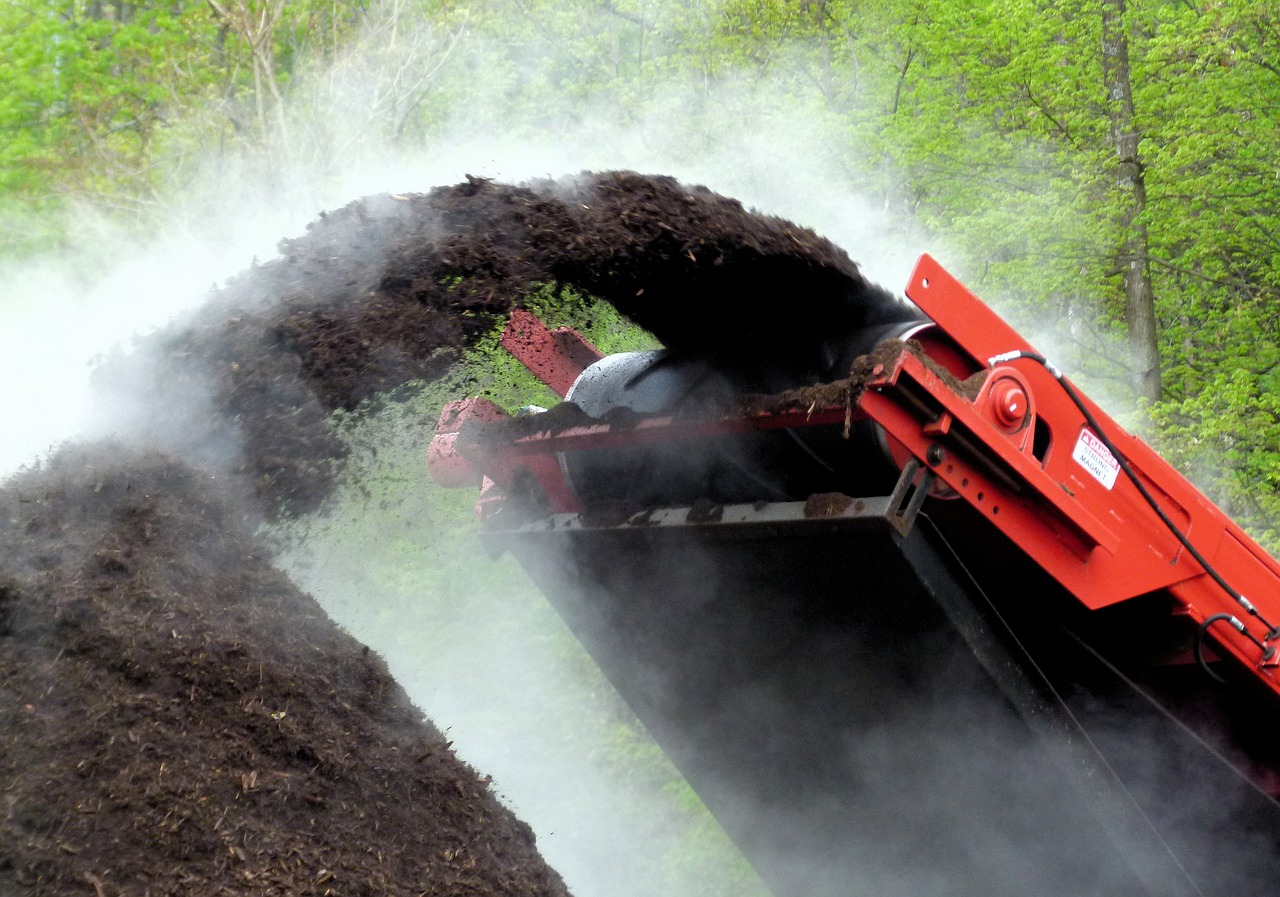
Industrial composting is the result of how people are proactive about reducing public waste.
Further, the climate change grows unpredictably, causing the process in trouble.
There are around 14 million tons of waste thrown away each year.
Dealing with the production, the largest contribution to the statistic is the recyclable organic matter that can be recycled into valuable and nutrient-rich soil.
In Seatle, Portland and San Francisco, making compost is mandated. People are required to make home compost from their food waste and other compostable paper instead of throwing it in your regular bin.
The neighborhoods in New York offers curbside collection along with the brown bins that the organic waste introduce.
In New York, the program is optional. It is not enforced. The biggest population of the cities makes it the largest program in the U.S.
One of the biggest challenge in collecting people for composting can be either easy or difficult to control.
Even most well-intended household could intentionally be tossing in material inhibiting the decomposition.
Industrial composting finds many ways to deal with the problem like machinery investing.
The machine is used to collect the materials, separating out and removing plastic and the other trash as good as they can.
Conclusion
So how long does it take to make compost? It depends on the materials and the method you chose.
The fastest time to make compost is three weeks while the longest time is a year or two. So, it personally depend on you yourself.